This premium content is exclusive to edie Members.
To find out more about edie Membership, please click below.
If you are an existing member, login here
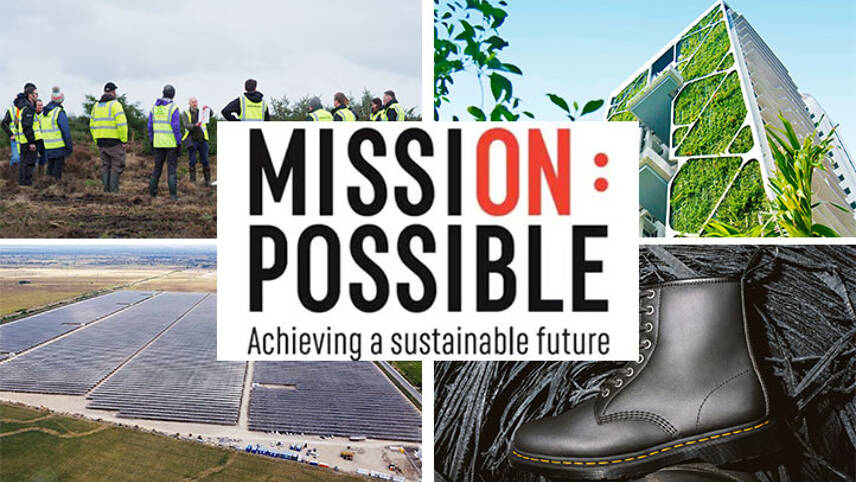
Published every week, this series charts how businesses and sustainability professionals are working to achieve their ‘Mission Possible’ across the campaign’s five key pillars – energy, resources, infrastructure, mobility and sustainability leadership.
Across the UK and across the world, leading businesses, cities, states and regions are turning environmental ambitions into action. Here, we round up five positive sustainability stories from this week.
ENERGY: Bulgaria halves coal-fired power generation within a year
Image: STEAG
Bulgaria’s energy generation mix has, historically, been is significantly skewed towards fossil fuels. Coal accounted for almost 36% of its electricity generation mix in 2021, according to the International Energy Agency’s data.
The nation is, however, seeking to bring coal-fired power plants offline by 2038 and, from 2028, will only use them for back-up power peaking purposes.
Operators are clearly getting ahead of the curve for the ban, new data from Bulgaria’s Energy and Water Regulatory Commission has revealed. It has tracked a 46% decrease in output from lignite-fired power stations and a 51% drop from lignite and brown coal plants in 2023 compared with 2022.
An increase in solar generation was more than able to make up for the drop in coal-fired electricity generation. Output from solar plants was up 141% year-on-year.
RESOURCES: Dr Martens diverts leather from landfill in new shoe range
Around 24 billion pairs of shoes are produced globally each year and the vast majority include little to no recycled content, while also being challenging to recycle due to the incorporation of a variety of materials and glues.
Dr Martens this week unveiled a new line of shows made using scrap leather offcuts that would otherwise have been landfilled or burned – of which around four billion pounds are generated each year.
The shoe brand has made three of its best-selling shoe lines using the offcuts and is calling the collection ‘Genix Nappa’. Offcuts are made into shoes by an innovative process which separates leather fibres before re-meshing them, producing a larger roll of ‘re-engineered’ material ready for use.
“Genix Nappa demonstrates that waste is a valuable resource and shows how we can think differently about our products into the future,” said Dr Martens’ global head of sustainability Tuze Mekik Arguedas Schwank. “We can’t wait to hear what our wearers think!”
The brand is hoping to see no reduction in durability from the change in material.
MOBILITY: Nissan vows to cut upfront costs of EVs
The high upfront costs associated with purchasing a new electric vehicle (EV) are still a key barrier for drivers – particularly in the UK due to the Government’s recent scrapping of the Plug-In Grant Scheme.
Some automakers have sought to seize this market opportunity by developing more affordable models. Market analysts predict a fierce price war in the coming years with firms based overseas likely to be able to undercut European businesses.
Nissan this week vowed to reduce the cost of its next generation of EVs by 30%, with additional decreases planned by 2030 – at which point its pure-electric models should cost the same as its cars and vans with internal combustion engines.
The business, which is investing £3bn in EV manufacturing in the UK, aims to cut costs by adopting modular manufacturing methods to shorten production lines, implementing innovative batteries and power-trains and streamlining its model development process.
Nissan is calling the plan ‘Arc’ and has embedded it within wider plans to grow its overall sales by at least one million units by 2026, against a 2023 baseline.
THE BUILT ENVIRONMENT: CDL becomes Singapore’s first business to produce TNFD report
Pictured: The Tree House apartment block
In this section of the Sustainability Success Stories feature, edie often features an innovative low-carbon building or development like the Climate Innovation District in Leeds or The Phoenix Project in Lewes – the latter of which is the UK’s largest timber-structure housing project.
But standalone projects need to be backed up by credible, business-wide sustainability plans and businesses also need to account for sustainability-related as well as impact mitigation.
Taking that into account, we are this week featuring Singapore-based real estate giant City Developments Limited (CDL), which has this week become the first business in its national market to report in line with the recommendations of the Taskforce on Nature-Related Financial Disclosures (TNFD). It has titled its annual integrated sustainability report ‘Zero In On Nature’ to draw attention to this updated approach.
The TNFD launched its finalised framework in September last year, and, as 2024 began, it secured commitments from more than 320 large businesses for aligned reporting. However, the majority will not produce aligned reports until 2025 or 2026.
CDL has also confirmed its intention to fully align its reporting with the International Sustainability Standards Board’s (ISSB) first two standards in 2025. The standards, launched last summer, provide a general baseline and a more climate-focused framework for corporate sustainability reporting that is detailed and internationally comparable.
SUSTAINABILITY LEADERSHIP: Beam Suntory embarks on its third peatland restoration project
Peatlands cover around 10% of the total land area in the UK and are important carbon sinks.
However, most are damaged, despite the fact that some hold protected status. Key drivers of peatland damage include changing weather patterns, land-use change for business purposes and peat extraction. The UK Government estimates that only 13% of the UK’s peatlands are in a near-natural state.
Seeking to play a role in reversing that trend, Beam Suntory has invested in three large-scale peatland restoration projects. The third of these projects, announced this week, will see the business investing £100,000 to support Northern Peat & Moss in Aberdeenshire.
Initial restoration groundworks are already underway at the 60-hectare site on Craigculter Moss. The site has been heavily degraded due to peat extraction for industries such as horticulture. Northern Peat & Moss has stated that it will use innovative techniques to turn the land’s fortunes around, boosting its carbon sequestration abilities and biodiversity in the process.
Beam Suntory’s head of distillation and environment Alistair Longwell said: “This project at Craigculter marks an important step in our industry-wide commitment to restoring Scotland’s peatlands, proving that by implementing novel methods, we can push the boundaries of restoration and show that even historically degraded land can be replenished to a thriving natural habitat.”
The business will share learnings on the project with peers in the Scotch Whisky industry and other research and conservationist groups.
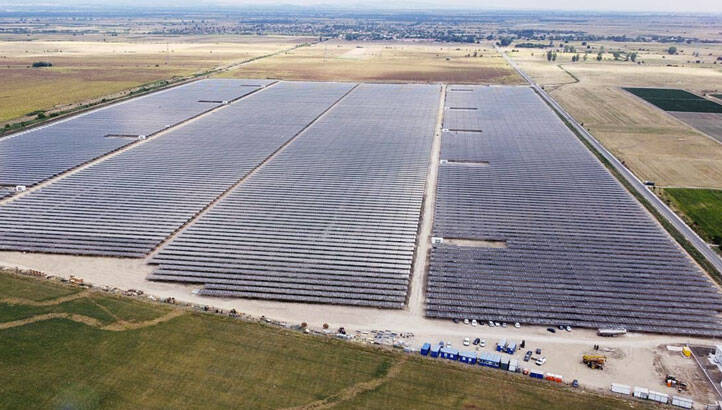
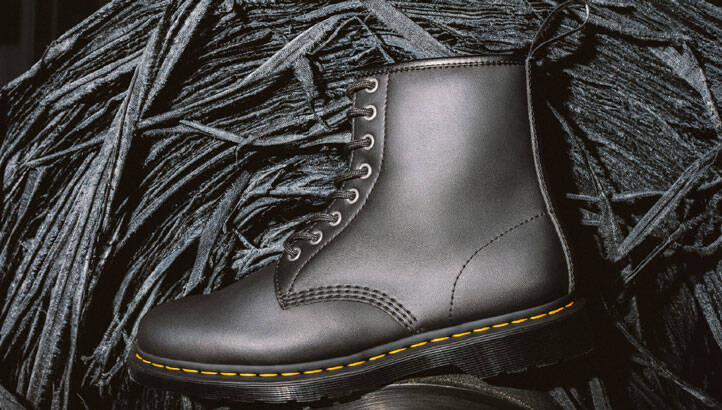

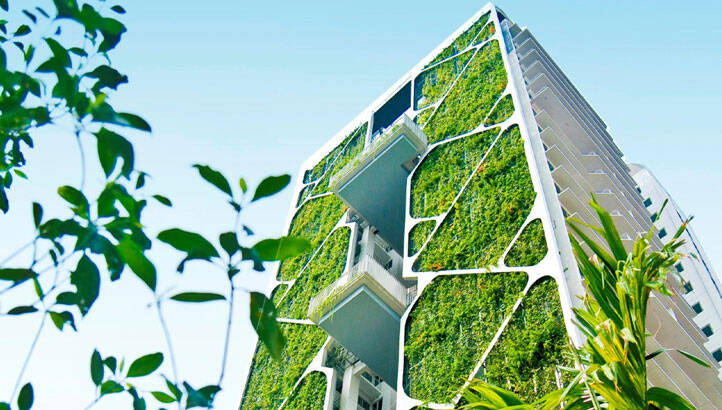
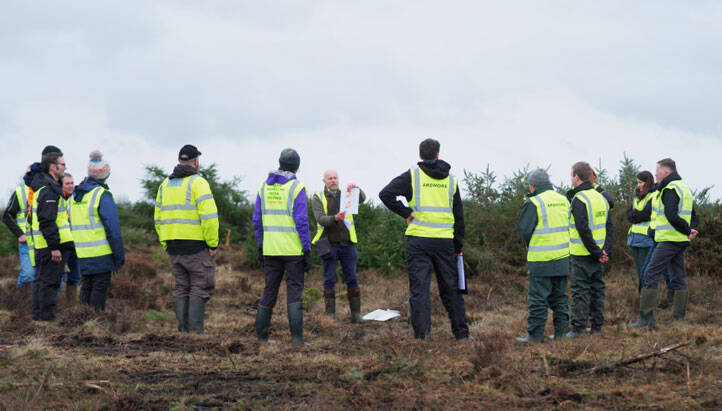


Please login or Register to leave a comment.